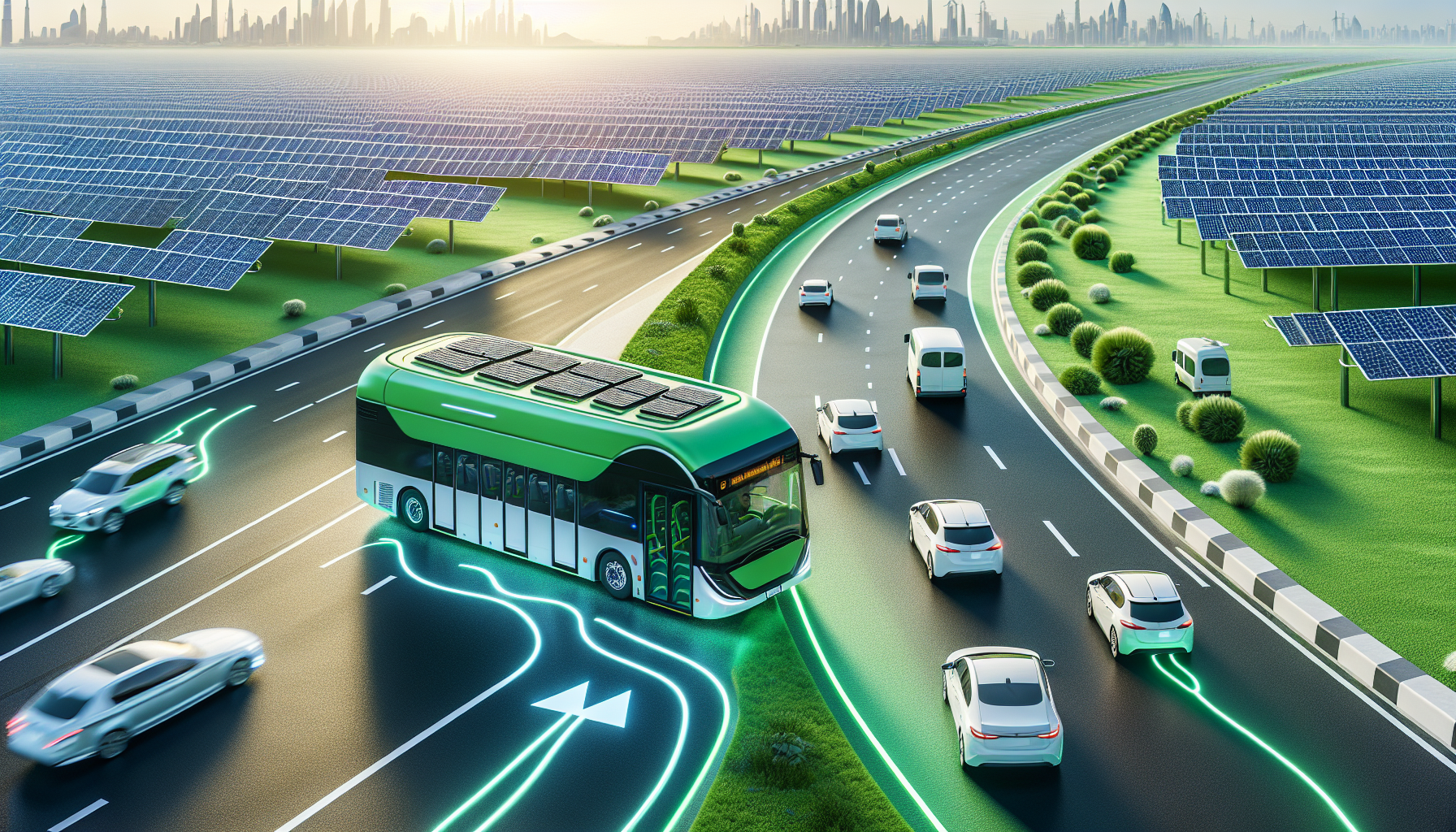The United Arab Emirates (UAE) is renowned for its rapid development and futuristic cities, but it is now gaining acclaim for its commitment to sustainability, particularly in the realm of transport. As part of its broader vision for an environmentally-friendly future, the UAE has embarked on an ambitious journey to integrate sustainable practices across its transportation networks. This approach encompasses the adoption of eco-friendly vehicles, strategic infrastructure planning, and innovative technological advancements, all of which promise to contribute to a greener future.
One of the most prominent areas of focus has been the adoption of electric and hybrid vehicles. The UAE government has introduced incentives to encourage the public and private sectors to make this transition. These measures include exemptions on import tariffs for electric vehicles, reduced registration fees, and free parking in specific areas. Moreover, Dubai's Road and Transport Authority (RTA) has launched initiatives to convert taxis to hybrid and electric models, further reducing the carbon footprint of daily commutes.
Infrastructure development has also played a crucial role in the UAE’s green transport initiative. The expansion of the electric vehicle charging network across key locations in cities like Dubai and Abu Dhabi has made owning and operating eco-friendly vehicles more convenient than ever. This strategic placement of charging stations ensures that electric vehicle users have easy access to reliable power sources, diminishing range anxiety and encouraging broader adoption.
Public transport systems are also undergoing transformation, with significant investments in creating a more sustainable and efficient network. The Dubai Metro stands out as one of the most advanced and environmentally-friendly transport systems in the region. Powered by cutting-edge technology and energy-efficient practices, it serves as a model for future projects, emphasizing the reduction of reliance on fossil fuels.
Furthermore, the concept of shared mobility is gaining traction in the UAE. Car-sharing programs and ride-hailing services that offer electric vehicles are beginning to reshape urban transportation landscapes. These services not only decrease the number of vehicles on roads but also promote the use of cleaner, more efficient vehicle options.
In line with these advances, research and development receive robust backing from government and private sectors alike. Innovative projects focusing on alternative fuels, such as hydrogen and biofuels, are being actively explored, signaling a shift towards more sustainable energy sources for transportation. The establishment of tech incubators and partnerships with international companies underscores the UAE's commitment to leading the charge in sustainable transport solutions.
Education and public awareness campaigns are integral to the success of the UAE’s green transport initiatives. The government regularly engages with residents through various channels to highlight the importance of sustainability and the benefits associated with eco-friendly transportation choices. By fostering a culture of sustainability, the UAE ensures that its citizens are informed and prepared to support green policies.
In conclusion, the UAE's strides in sustainable transportation reflect a comprehensive approach that integrates technology, policy, and education. This multifaceted strategy not only addresses the immediate challenges of reducing emissions and conserving energy but also positions the UAE as a leader in sustainable urban development on the global stage. Through continued innovation and strategic planning, the UAE is paving the way for a future where transportation is not just about getting from one place to another, but about doing so responsibly and sustainably.
